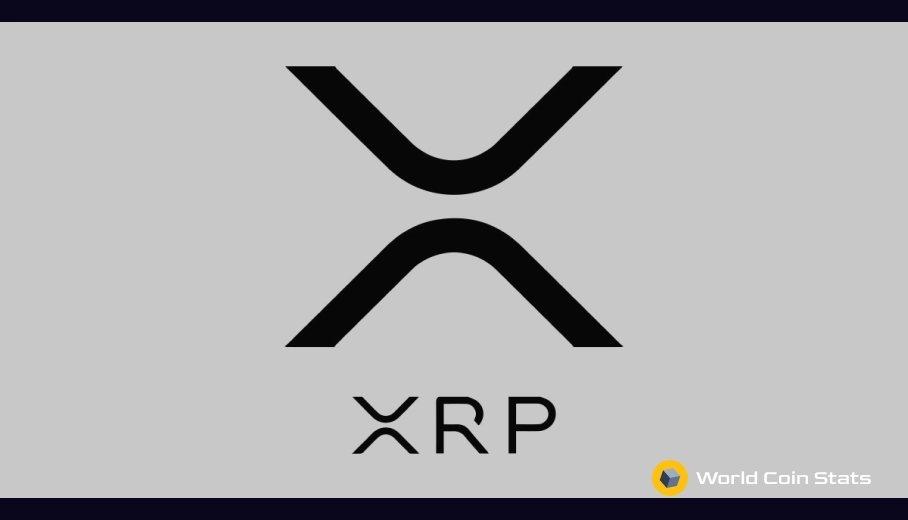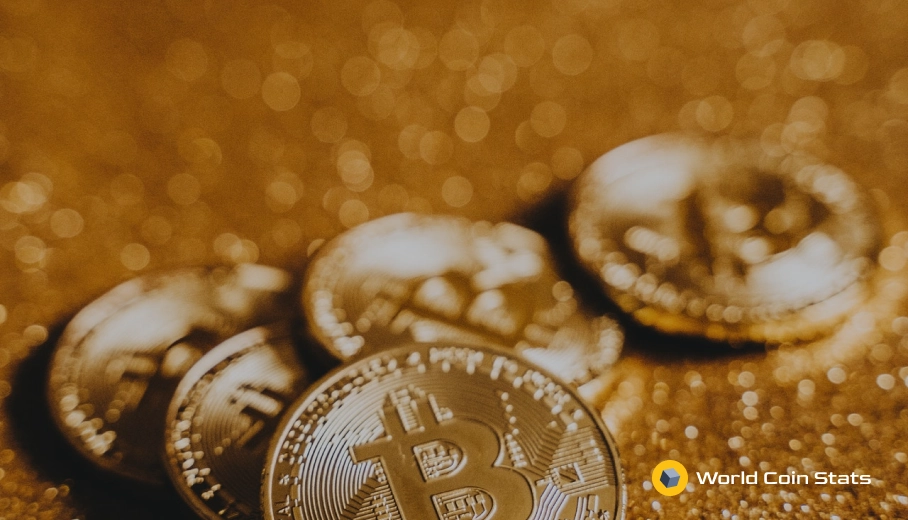Will XRP Take Over SWIFT?
XRP has become one of the more popular cryptocurrencies among banks for making international money transfers. This has led to speculation that the cryptocurrency could potentially overtake the current organization that handles the vast majority of international money transfers between banks.
Anyway, this article will explain what XRP is, how XRP works, what SWIFT is, and why XRP will likely overtake SWIFT at some point in the future. We know it sounds ridiculous, but XRP is actually a very useful technology for banks that want to make international transfers to other banks.
What is XRP?
XRP is the native currency of the Ripple settlement system and remittance platform developed by Ripple Labs. XRP is more of a colloquial term for Ripple as a whole because XRP only refers to the cryptocurrency while Ripple refers to the network as a whole.
As for how Ripple works, it works similarly to a blockchain, though it’s not really decentralized. Basically, all the information about Ripple accounts is stored on a shared leger hosted on independent servers. These servers can theoretically be owned by anyone, but they are almost exclusively owned by partner banks or XRP market makers.
Now, the service works similarly to the more traditional Bitcoin blockchain in that transactions take a few seconds to process and are irreversible. This also means no chargebacks, which have become very common in the banking industry.
What is SWIFT?
SWIFT is one of those organizations that has a very recognizable name, but also an organization that no one really knows anything about.
SWIFT stands for Society for Worldwide Interbank Financial Telecommunication (SWIFT), which is quite a mouthful, so people simply refer to it as SWIFT. It’s not technically a company, but rather a cooperative partnership based in Belgium.
SWIFT was launched sometime in 1973 as a way to have a non-American organization in charge of international banking transactions. Simply put, European banks did not want to have to deal with American regulators when making inter-European bank transfers.
It also replaced the Telex system that relied on handwritten forms for transfers with some rudimentary computer technology.
This rudimentary computer technology is still in use to this day, 48 years later.
As for the popularity of SWIFT?
Pretty much every bank that matters in the world uses SWIFT for interbank international transactions.
It really is that popular and that widespread despite being nearly 50 year old technology that is terribly inefficient.
The next section will explain why Ripple (XRP) will most likely overtake SWIFT, but the reasons should be somewhat apparent at this point.
Here’s Why XRP Will Probably Overtake SWIFT
For lack of a better term, SWIFT has a lot of things going very poorly for it while XRP/Ripple has a lot of things going quite well for it.
The problems with SWIFT include, but are not limited to, the following:
SWIFT Has High Fees
It’s no secret that SWIFT has rather high fees for what amounts to transferring money from one location to another. Those fees include currency exchange fees and the fee for simply using SWIFT.
You can expect an international transfer using SWIFT to have around a 3%-5% total fee amount that includes both the fees and the foreign conversion rate.
That’s an insanely large fee for what amounts to not all that much work. Those fees, of course, go to pay for the very nice SWIFT offices in 28 different countries and payroll for all the more than 2,800 employees.
Ripple, on the other hand, has a negligible fee. It’s basically free.
SWIFT is Slow
A SWIFT transfer will take 1-4 working days to clear. Again, it’s absolutely ridiculous that in 2022 people still accept that international money transfers will take 1-4 business days.
It’s possible to send an email or upload a video almost instantly, but it takes 1-4 business days to change some numbers on a computer in two different countries.
Ripple transactions take a few seconds, which is what you would expect of banking technology in 2022. SWIFT is stuck in the 1970s when it comes to transaction times, and there is no chance that such a poor service can last for very long.
SWIFT Obeys US Regulators
This last point is not nearly as relevant as the other two points, but it’s worth mentioning. SWIFT is based in Belgium and has historically prided itself in not cooperating with US banking regulators or law enforcement.
That all changed after September 11th, 2001. SWIFT started sharing all kinds of customer information with the NSA, CIA, and other US alphabet agencies. There have even been cases of SWIFT transfers between two European countries being seized by the United States Treasury.
On this one, Ripple might not have SWIFT beat because Ripple is a US based company (for now) whereas SWIFT is Belgian based. But the way Ripple operates may make it very difficult for US regulators to actually stop transactions, which is a positive in our opinion.
Time will tell if Ripple allows US regulators full control of global finance, or if the US government can’t force their will on Ripple.
Here’s Why XRP/Ripple Might Not Overtake SWIFT
We have hinted at XRP/Ripple only overtaking SWIFT in a perfect world, and we obviously do not live in a perfect world. In a perfect world, companies that offer the best service would rise to the top on merit alone.
Note: Bitcoin or Ethereum would likely surpass Ripple in that hypothetical world, but that goes beyond the scope of this article.
The problem is that there are many parties that do not want companies like Ripple to succeed. These parties include the government and those that hold sway over the government.
This leads to various legal problems for companies like Ripple. A good example is the Securities and Exchange Commision lawsuit against Ripple Labs concerning the classification of Ripple as a security.
The lawsuit is politically motivated.
Ripple, fortunately, has a good legal team and will likely win the lawsuit, but it does show the lengths the government will go to harass innovative companies.
The other problem Ripple will have is that the banking industry is very slow to adapt to new technology. This is because the banking industry has very high barriers to entry, which greatly limits competition. Two guys in a garage cannot open their own. Technological progress in the banking industry takes years because it’s all big companies, and big companies are very slow to adapt to new technology.
They will catch up eventually, though. It will be similar to how the banking industry embraced the internet after years of not making any attempt to use the biggest technological leap of all time.
Closing Thoughts
That about sums it up for why XRP has a very good chance of overtaking SWIFT. In fact, we think XRP has the best chance of overtaking SWIFT of any cryptocurrency.
That’s not to say that XRP is the best cryptocurrency. It’s certainly not the best cryptocurrency. But it does have the right combination of technology and just enough centralization to make it palatable for a bank to use for money transfers.
It’s barely even a cryptocurrency because it has no decentralization. But it has the right combination




